By Jack Smith modified Dec 01, 2025
~ 5 minutes to read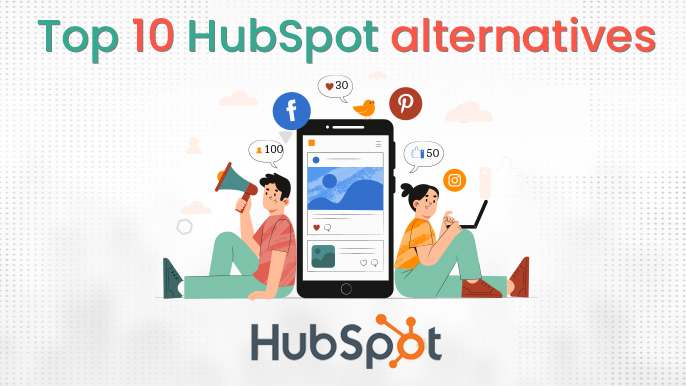
Budgets are tightening, and software subscriptions are getting pricier each month. Sales here, marketing there, customers everywhere, and you’re expected to keep it all together without losing your sanity. Most of the businesses are choosing their tools a lot more carefully now.
HubSpot might be popular, but it’s not the most affordable option on the table anymore. Whether you’re a startup in Manchester or an SME in London, finding a CRM that fits both your workflow and your wallet is the real challenge.
Before we dive into the top HubSpot alternatives, it’s worth quickly looking at what HubSpot offers in 2025 and why so many teams are starting to move away from it.
|
> HubSpot Overview: It works well for micro-businesses and small teams; has simple e-mail tools, a quick onboarding process, and easy automation options. > Why Teams Switch: A lot of businesses move away to HubSpot Alternatives when the prices jump, especially once they start scaling and realise most useful features sit behind higher, more expensive tiers. > Data Compliance Needs: UK/EU businesses now prefer CRMs with clearer data hosting and direct GDPR policies. > Budget-Friendly Options: Zoho, Insightly, and EngageBay offer solid automation features that cost far less than HubSpot. > Sales-Focused Options: Pipedrive, Nutshell, and Keap have cleaner pipelines and simpler sales management to use by small and medium-size teams. > Advanced Automation: ActiveCampaign and Freshsales are focused on more advanced, predictive, AI-based automation insights for growing businesses. > Enterprise-Level Alternatives: Salesforce and Microsoft Dynamics 365 are capable of supporting large teams that need extensive customisation and long-term scalability. > Easy Migration: Most CRMs let teams move data from HubSpot easily, as long as workflows are planned beforehand. |
SMes appreciates its quick setup, strong email tools, and extensive library of integrations, and HubSpot stands out for its interface, seamless marketing-sales alignment, and easy-to-use free CRM. For businesses with simple pipelines or those just starting with automation, HubSpot’s onboarding experience remains smooth.
Though the way its prices jump quickly, it’s the biggest challenge. Many essential features like advanced reporting, automation workflows, and custom fields are locked behind premium tiers.SMEs often realise they’re paying far more per user the moment their team starts to grow. And unless you’re on the higher tiers, the customisation options stay pretty limited, which pushes the cost up even faster.
It still works fine for micro-businesses, solo founders, and teams who don’t need heavy automation. If your needs are decent and you’re not planning to scale anytime soon, the free plan and basic tiers can genuinely offer good value.
With GDPR rules set to become stricter in 2025, many companies now prefer their CRMs to offer clearer regional data hosting and more transparency around compliance.
HubSpot becomes more expensive when you add seats and features. What start-ups need is predictable pricing, and a lot of Hubspot alternatives handle this much better.
Most businesses feel that HubSpot's upper tiers are overpriced, especially for teams that need more seats, proper automation, and deeper customisation.
The free version is decent, but once you really need proper control, the restrictions around custom fields, advanced workflows, and personalized reporting start to become a headache that will ultimately force users into costly upgrades.
Zoho CRM is a customer relationship management tool through which businesses can track deals, automate sales activities, and gain valuable insights using its AI-driven assistant, Zia.
SMEs, teams that invested in the Zoho suite, and businesses wanting enterprise-style customisation without Salesforce pricing.
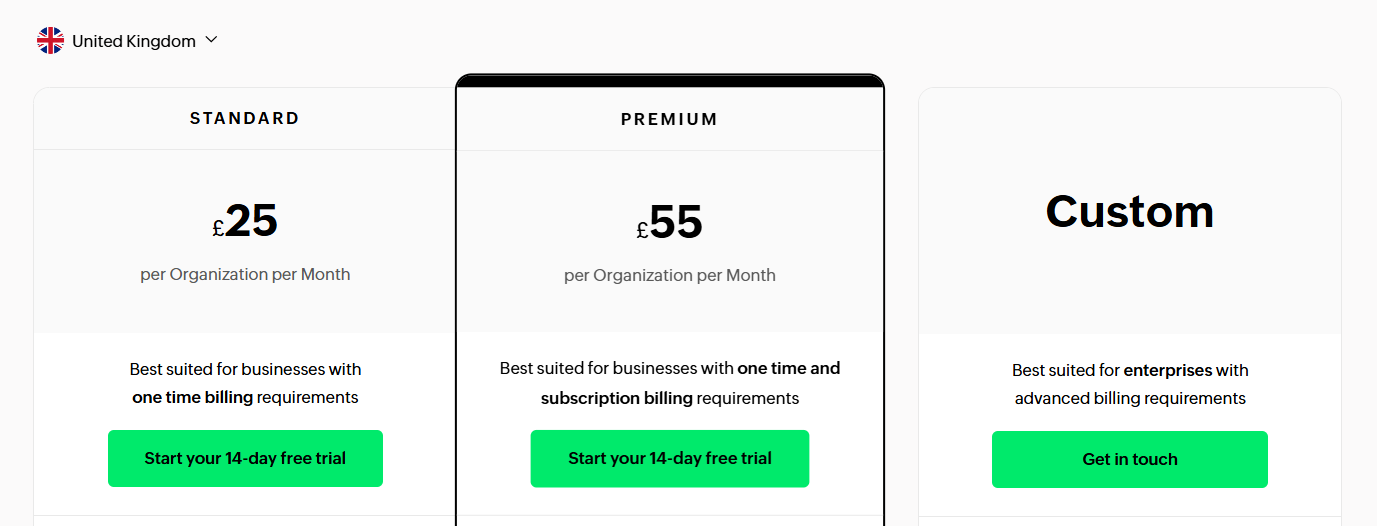
A prize tool for those dealing with lead management and project management. Equipped with automation tools, along with an intuitive drag-and-drop interface, allows teams to focus on closing deals rather than managing repetitive tasks, making it a strong contender as a HubSpot alternative.
SMEs require efficient lead routing, automation of tasks, and flexible pipeline management.
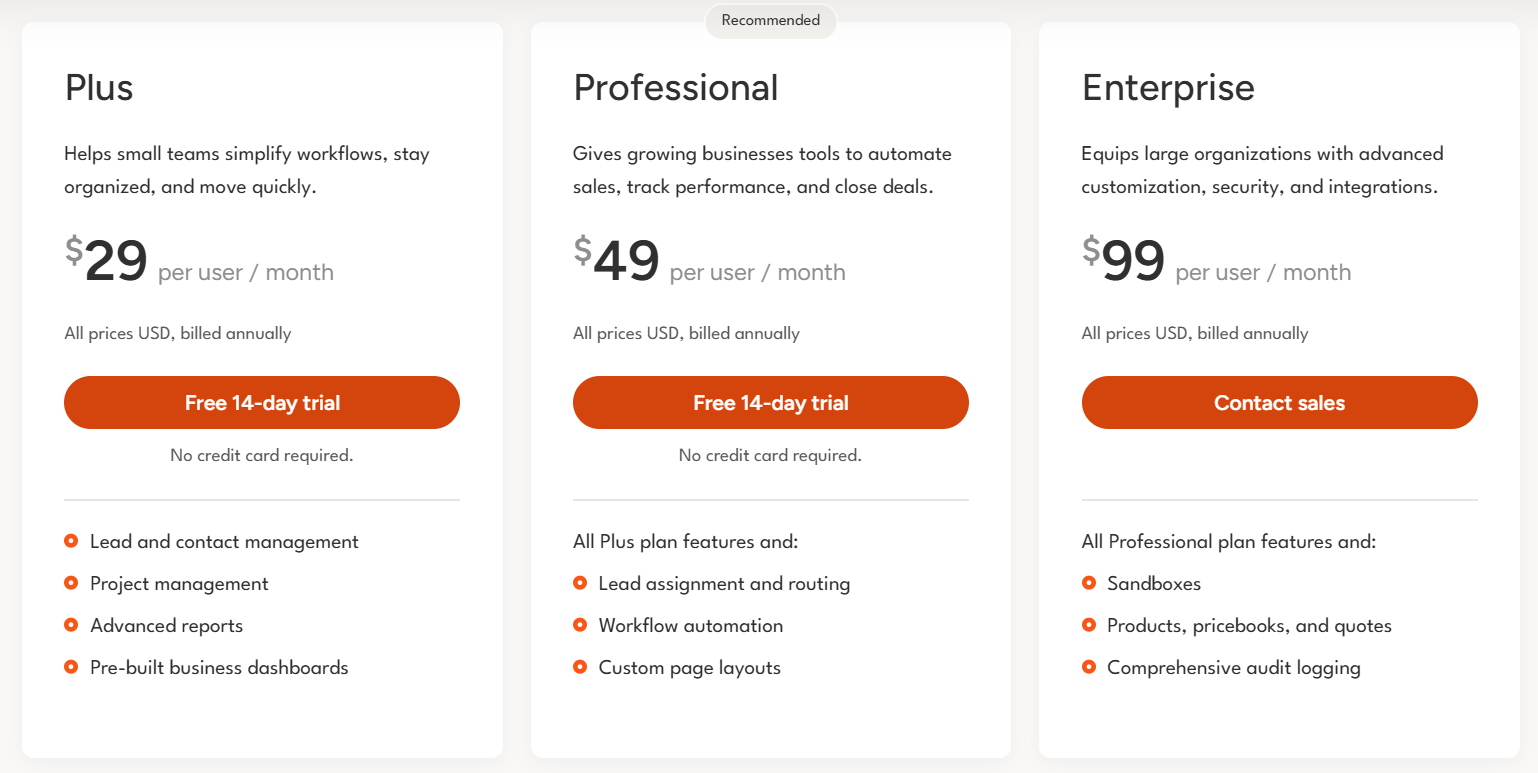
ActiveCampaign is an all-in-one, powerful marketing and CRM platform, famous for its advanced automation and email marketing capabilities. It excels at customer segmentation and personalised messaging, making it a go-to choice for targeting certain audiences efficiently.
Businesses focused on email marketing, automation, and e-commerce integrations that want to streamline campaigns while keeping customer interactions highly personalised.
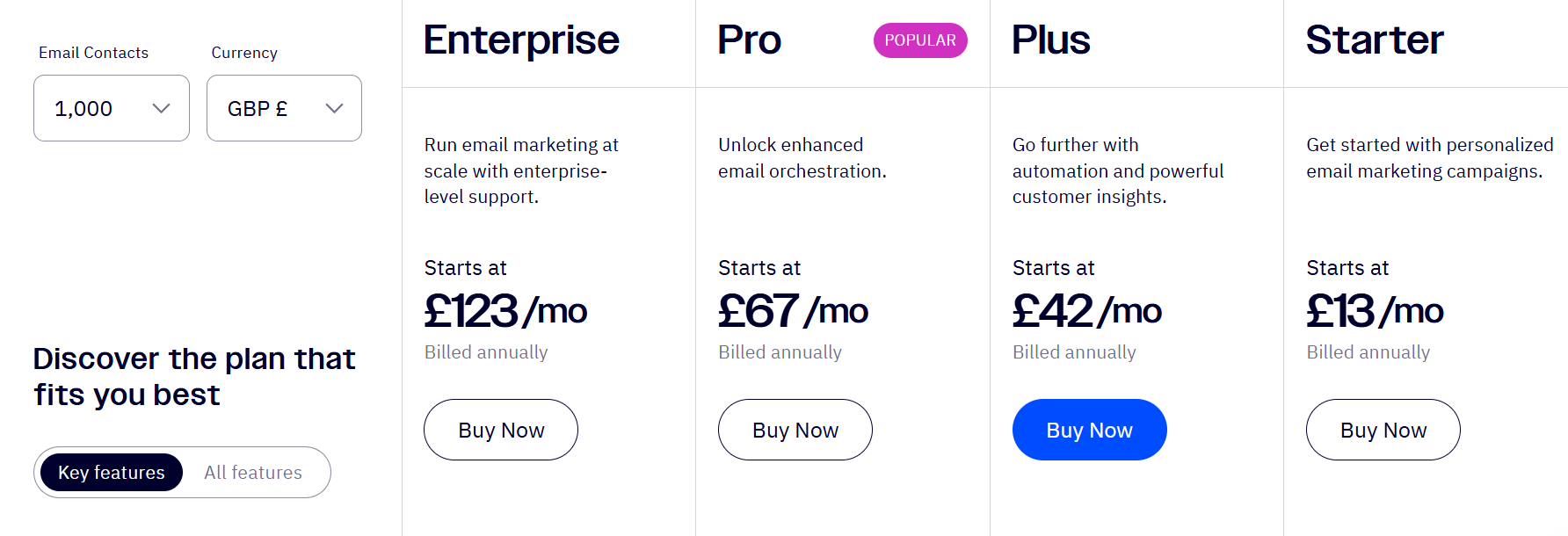
Pipedrive is the sales-oriented CRM that is centred on a highly visual pipeline system, which enables teams to track deal movement without getting bogged down in unnecessary features. Its interface is very intuitive, and it's crafted in a way that allows sales reps to stay organised and close deals faster.
Small to mid-sized businesses that want a simple and efficient, visual CRM for managing sales pipelines without the complexity of enterprise-heavy tools..
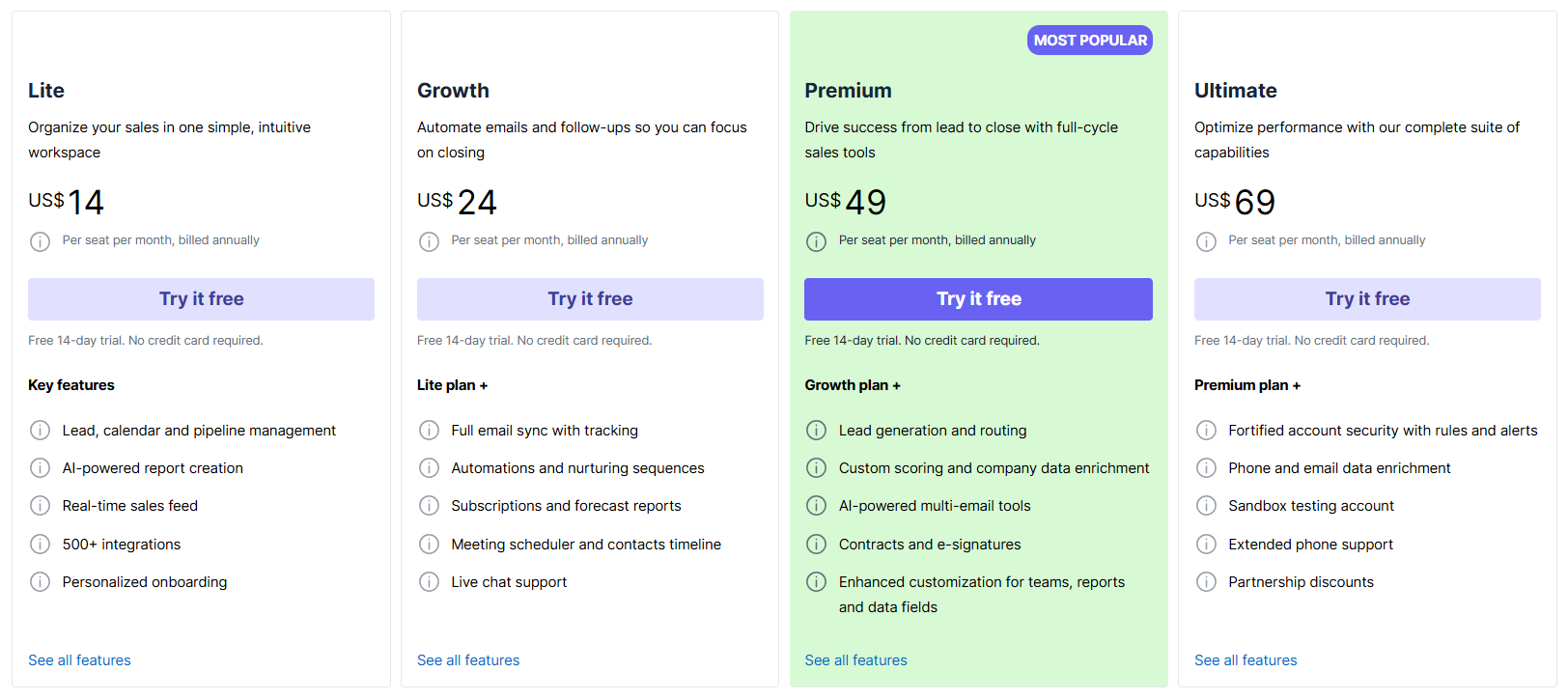
EngageBay is basically the budget-friendly, all-in-one CRM that tries to give you HubSpot-level functionality without the HubSpot-level invoice. It combines marketing, sales, and customer support tools in one clean platform, the best HubSpot alternative for businesses that want automation, email marketing, and CRM management under one roof.
SMEs that want an affordable, unified CRM + marketing automation platform with dependable email marketing, helpdesk features, and smooth team collaboration.
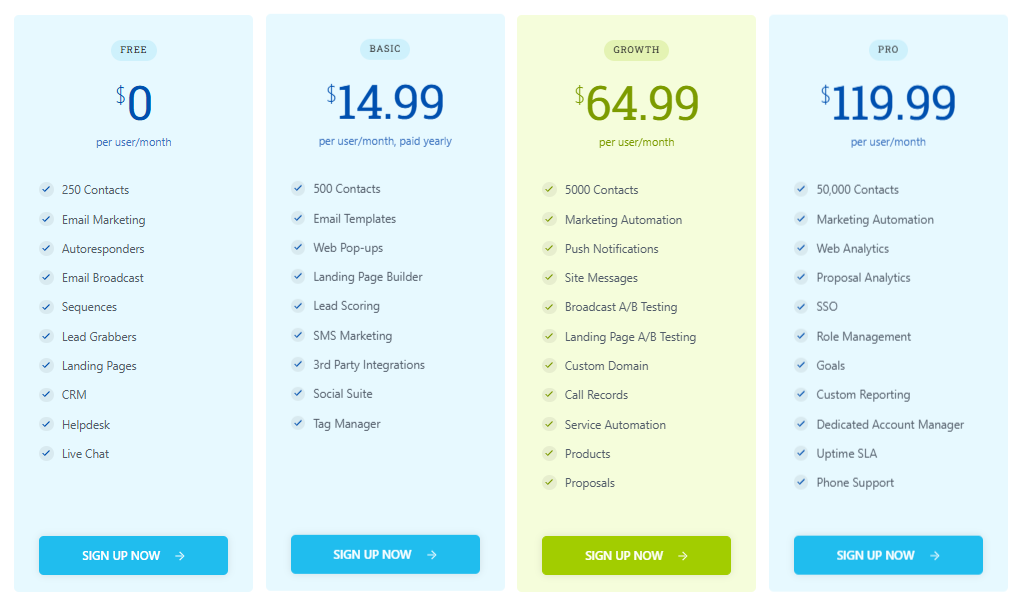
Freshsales is a part of the Freshworks suite and is a sales-centric CRM, packing in a powerful mix of AI, automation, and built-in communication: phone, email, and chat. Its predictive contact scoring and email/phone tracking really help sales teams prioritise leads and keep conversations tight. It's one of the strongest HubSpot crm alternatives when you care about pipeline management, sales automation, and intelligent lead qualification.
SMEs and startups that want a sales-driven system with built-in telephony, email, and smart lead scoring/forecasting minus the enterprise-level price tag.
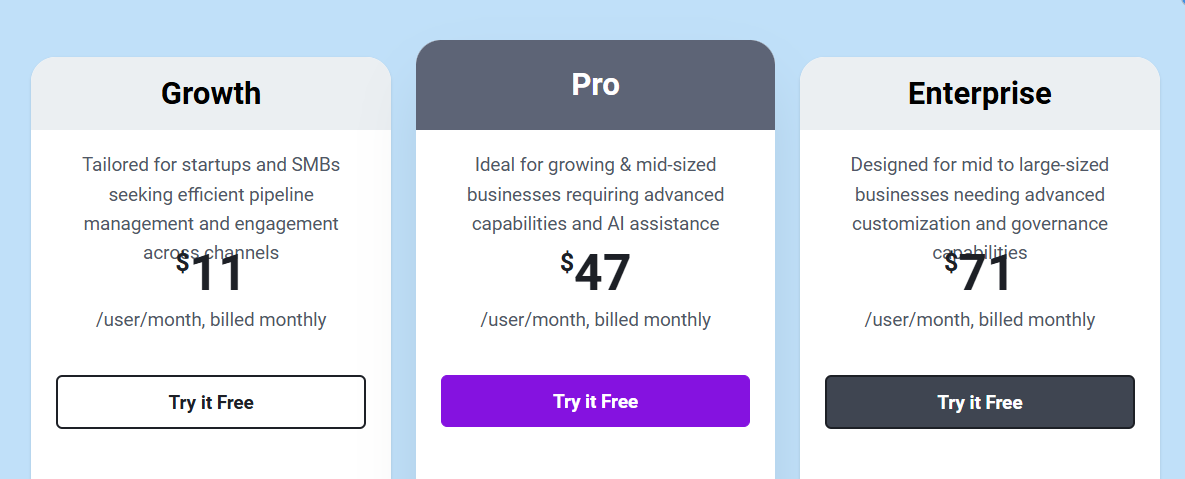
Salesforce is built for businesses needing deep automation, advanced analytics, and large-scale customisation. Its tools support complex workflows, automation, and data-driven decisions. Best HubSpot alternative among teams that need serious lead intelligence without getting locked into a particular platform.
Businesses requiring enterprise-level CRM capabilities, especially those whose sales team seeks data-driven lead management, complex workflows, and accurate forecasting.
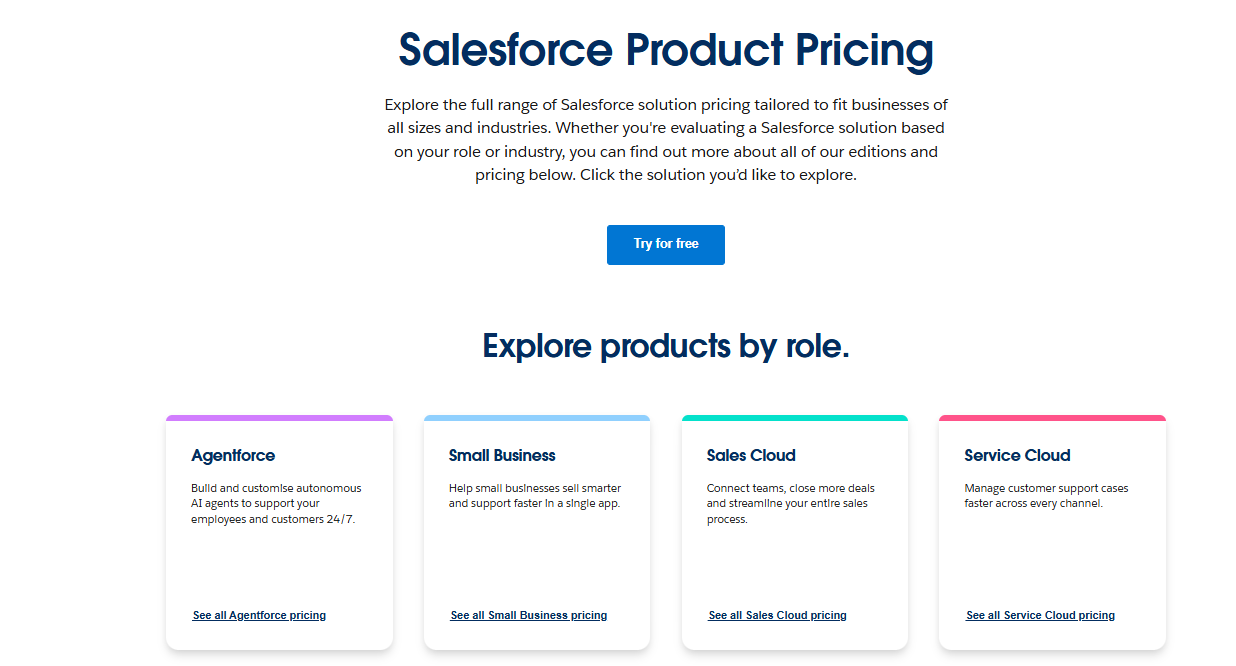
Nutshell delivers powerful automation without enterprise complexity. Along with integrating well with Google Workspace, Microsoft Office 365, Mailchimp, Slack, and Zapier. Nutshell is a practical HubSpot alternative that focuses on pipeline management and operational efficiency for organisations.
SMEs looking for a sales-first CRM with automated pipelines, reminders, and structured task management, ideal for teams using Google Workspace or Microsoft 365 and sales managers needing clear activity tracking and performance reporting.

Keap is an all-in-one CRM + marketing automation platform that was built for small businesses. It puts together lead and contact management, email marketing, invoicing, and pipeline automation within one system. More than just a sales tool, Keap acts like a business automation engine that's perfect for service businesses, coaches, and consultants.
Best For
SMEs and solopreneurs seeking for a powerful all-in-one system that combines automation, CRM, and payment processing. Perfect for managing bookings, invoicing, marketing, and sales in a single workflow.
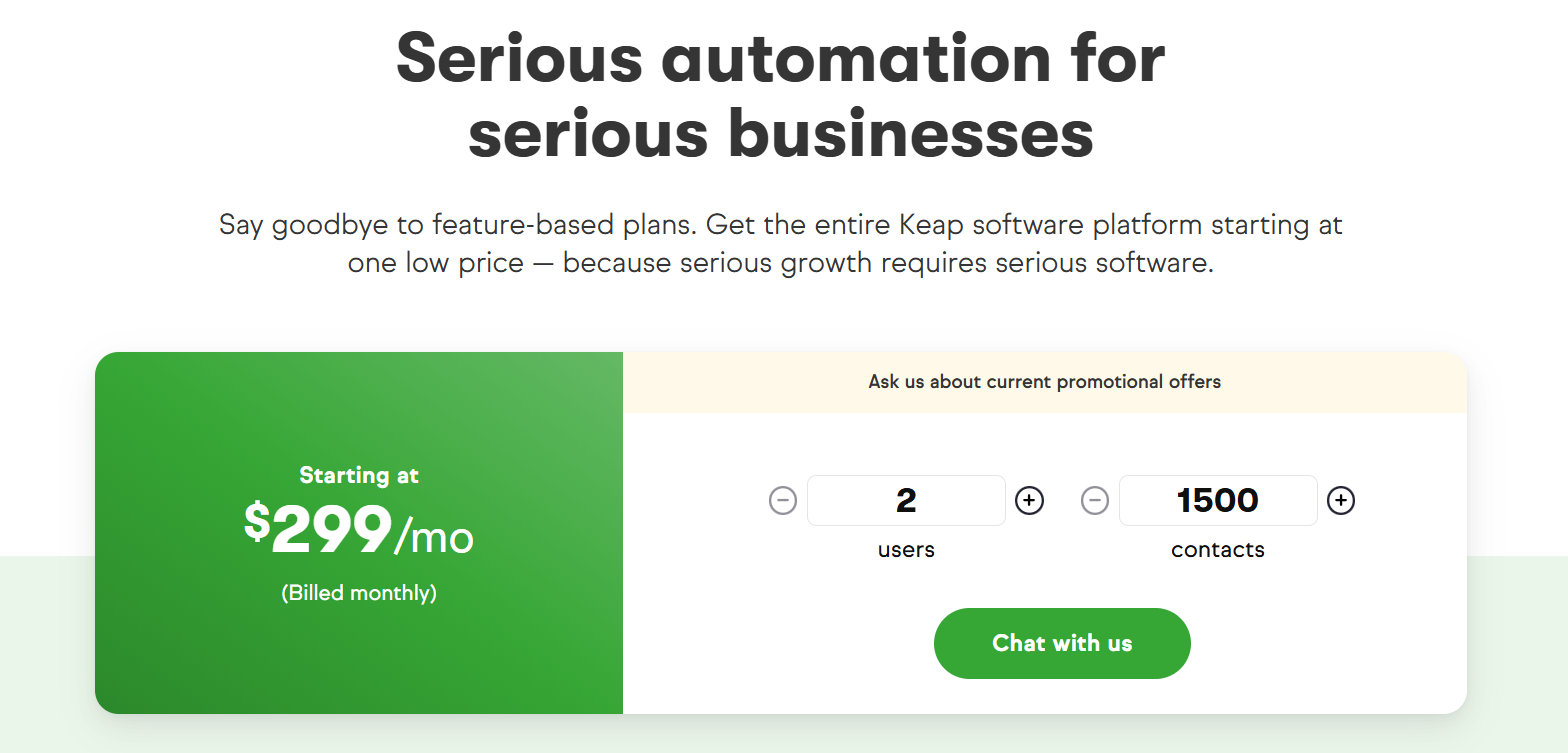
Microsoft Dynamics 365 is a full-scale business application platform, and its Sales CRM module is built for companies wanting enterprise-grade tools, deep customisation with the Microsoft stack. It's part of a broader ecosystem of business apps (ERP, service, marketing) that scale with very large or complex organisations.
Mid-sized to large enterprises or rapidly scaling SMEs, particularly Sales teams already utilizing Microsoft 365, Teams, and Outlook.

If your start-up or business is looking for alternatives to HubSpot before 2025 ends, the smartest thing you can do is pick a CRM that actually matches the way your team works, not by the name everyone is shouting online. Smaller teams that want speed in automation without draining the budget usually end up happiest with either Zoho, Insightly, or EngageBay.
If your team is more sales-driven and just wants a clean, no-nonsense pipeline, then Pipedrive, Keap, or Nutshell will make far more sense.
If forecasting, reporting, and long-term scalability are essential for you, then Freshsales and ActiveCampaign bring that depth you need without the enterprise-level invoice.
Salesforce or Microsoft Dynamics 365 is usually more suitable for bigger organizations or start-ups scaling at a high speed due to the stronger customisation and tighter control over data they offer.
There are several Hubspot crm alternatives, from cost-effective options like Zoho and Nutshell to project-friendly Insightly, automation-heavy ActiveCampaign, and enterprise-grade Salesforce and Dynamics 365. There is something for every size. The real trick is in picking out the solution that fits perfectly with your team's workflow, budget, and long-term goals rather than just paying for features you never use.
Some good starting points for a small to medium business would be Zoho CRM, Insightly, Pipedrive, ActiveCampaign, and Freshsales.
Zoho CRM and EngageBay offer the best value, considering the robust feature sets at lower subscription costs.
Yes, most platforms support the import of data from HubSpot, but the planning should consider a period of migration to adapt workflows.
ActiveCampaign is great for email and marketing automation, while Freshsales offers AI-assisted lead management.
Microsoft Dynamics 365 smoothly integrates with Office 365 and Teams, perfect for companies already heavily integrated into the Microsoft ecosystem.
UK/EU data compliance features are included in most major CRMs, including Salesforce, Zoho, and Dynamics 365.
Keap is better for client-focused, service-based teams that need automation. Nutshell is suited for teams that value simplicity and clarity over complex features.
Jack Smith is an experienced technology writer who specializes in explaining complex technical concepts for a wide range of readers. With a passion for innovation, he creates compelling material on topics such as software development, emerging technologies, and digital trends. His work is intended to inform and inspire readers, bridging the gap between technological developments and practical comprehension. He also provides high-quality custom content for technology related platforms—contact us via email for more information.
No related articles found at the moment.